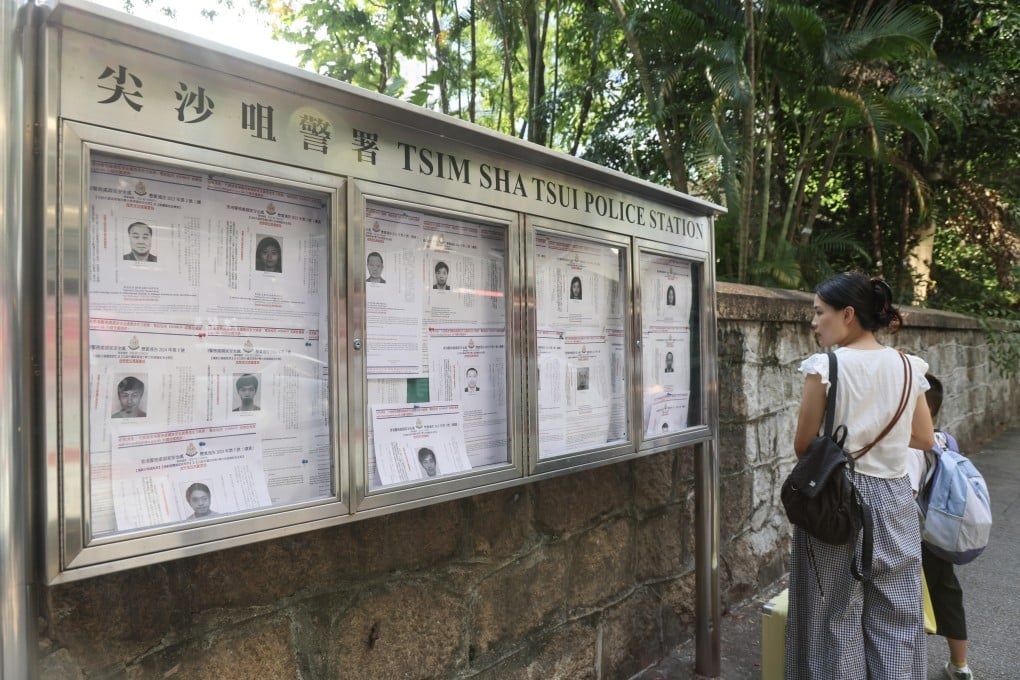The United Kingdom has sharply criticized the Hong Kong authorities for placing bounties on pro-democracy activists residing in Britain, warning that the move represents a troubling escalation in transnational repression.
The condemnation comes as the UK government simultaneously initiates steps that could potentially revive its suspended extradition arrangement with the Chinese territory.
On Saturday, Hong Kong’s national security police issued arrest warrants for 19 overseas-based activists, accusing them of subversion under the sweeping national security law imposed in 2020.
The individuals, many of whom now reside in the UK, are alleged to have participated in the unofficial “Hong Kong Parliament” initiative, either by organizing referendums or standing as candidates.
Authorities claim this effort seeks to achieve Hong Kong’s self-determination and create a new constitution.
These are actions they characterize as part of a plot to unlawfully overthrow the governments of China and Hong Kong.
The police announced cash rewards ranging from 200,000 to one million Hong Kong dollars (approximately £20,000 to £100,000) for information leading to the arrest of the activists.
This marks the largest number of overseas activists targeted with bounties to date.
The announcement drew swift condemnation from UK Foreign Secretary David Lammy and Home Secretary Yvette Cooper, who issued a joint statement on Friday.
“The Hong Kong Police Force’s issuing of further arrest warrants and bounties on individuals living in the UK is another example of transnational repression,” the ministers said.
They urged Chinese authorities to cease targeting political dissenters abroad and reaffirmed the UK’s commitment to protecting exiled activists.
“This Government will continue to stand with the people of Hong Kong, including those who have made the UK their home. We take the protection of their rights, freedoms, and safety very seriously,” the statement continued.
The latest move is the fourth time Hong Kong authorities have placed rewards on overseas dissidents, drawing repeated backlash from Western governments.
Beijing has dismissed such criticism, accusing foreign powers of meddling in China’s internal affairs.
However, the UK’s firm rhetoric is now being viewed alongside a proposed legal shift that has sparked concern among human rights advocates.
The Home Office has recently submitted legislation to Parliament that would allow for revisions to the UK’s extradition framework.
These include the potential reinstatement of deals with Hong Kong, Zimbabwe, and Chile.
The extradition agreement with Hong Kong has been suspended since the national security law came into force in 2020.
In a July 18 letter to Shadow Home Secretary Chris Philp, Security Minister Dan Jarvis defended the proposal.
He stated, “It is in our national interest to have effective extradition relationships to prevent criminals from evading justice and the UK becoming a haven for criminals.”
He noted that extradition cases involving Hong Kong would be assessed on a “case-by-case basis.”
The timing of the proposed changes has raised alarms, particularly among the estimated 150,000 Hongkongers who have resettled in the UK through a visa program launched in 2021.
Many fled the city due to the intensifying crackdown on political dissent, especially under the newly enacted Article 23 security law passed in 2024.
That legislation expanded the government’s powers to criminalize acts of treason, sedition, espionage, and foreign interference, further eroding civil liberties in Hong Kong.
Activists and critics warn that reviving extradition ties, even on a selective basis, could place political refugees and pro-democracy figures at risk.
They claim it undermines the UK’s promises of safety and sanctuary.
Hong Kong, a former British colony handed back to China in 1997 under a “one country, two systems” arrangement, was supposed to maintain broad autonomy and civil freedoms for at least 50 years.
However, the introduction of the national security law and subsequent legal developments have drastically curtailed free expression and political opposition.
This led many in the UK and abroad to question whether that promise has been entirely abandoned.
As the UK walks a fine diplomatic line between upholding human rights and revisiting extradition protocols, concerns persist.
The concerns are over how it will balance national security interests with its obligations to those who sought refuge from political persecution.







